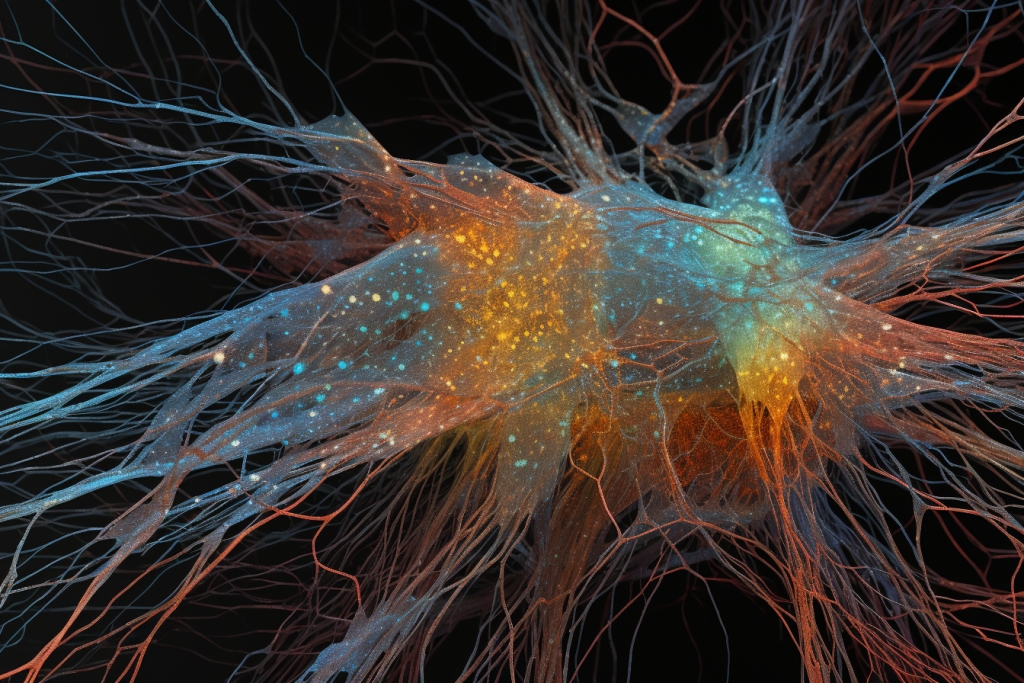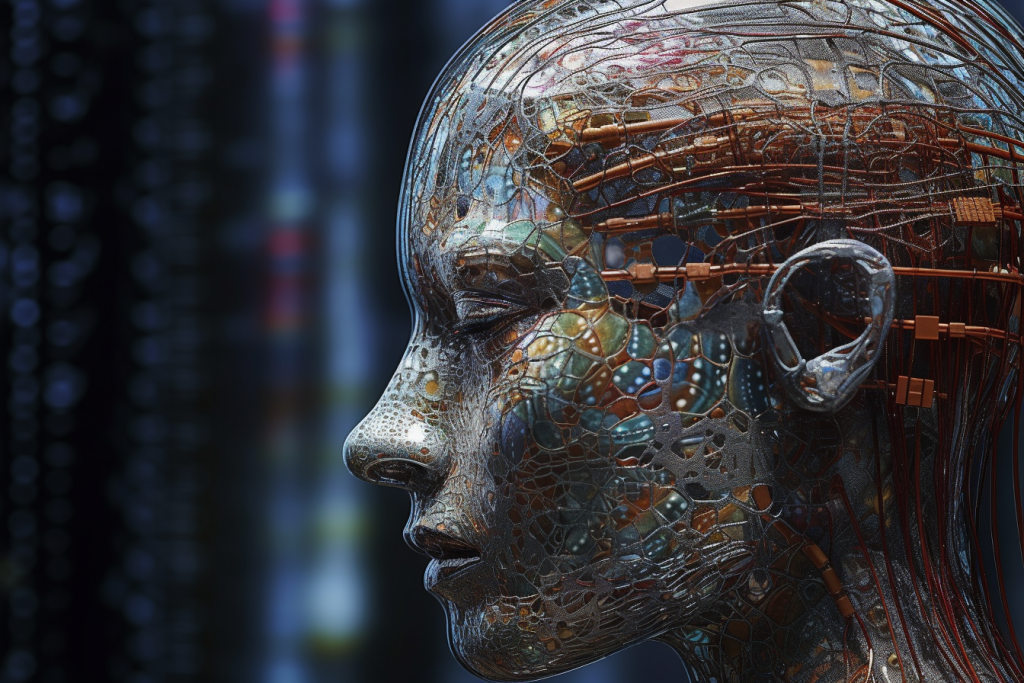As users of ChatGPT, you now have more control over your data than ever before. We’re excited to announce that we’ve introduced a new feature that allows you to turn off chat history. This means you can choose which conversations are used to train our models and improve their performance.
What does this mean for you?
With the ability to turn off chat history, you can now decide which conversations will be used to train our models and which won’t. This is a significant step forward in giving you more control over your data and how it’s used. Conversations that are started when chat history is disabled won’t be used to train and improve our models, and won’t appear in the history sidebar.
How do I turn off chat history?
You can find these controls in ChatGPT’s settings and can change them at any time. We’ve made it easy for you to manage your data and make informed decisions about how your conversations are used.
What happens when I turn off chat history?
When chat history is disabled, we will retain new conversations for 30 days and review them only when needed to monitor for abuse. After that, we will permanently delete the conversations. This ensures that your data is protected while also allowing us to maintain a safe and secure environment.
The Importance of Data Management
We understand that data management is a critical aspect of our platform, and we’re committed to providing you with the tools and controls you need to manage your data effectively. With this new feature, you can rest assured that your conversations are being used in a way that aligns with your preferences.
Introducing the Bug Bounty Program
As we continue to develop safe and advanced AI technology, we recognize the importance of collaboration and community involvement. That’s why we’re excited to announce the launch of our Bug Bounty Program.
What is the Bug Bounty Program?
The OpenAI Bug Bounty Program is a way for us to recognize and reward the valuable insights of security researchers who contribute to keeping our technology and company secure. We invite you to report vulnerabilities, bugs, or security flaws you discover in our systems. By sharing your findings, you will play a crucial role in making our technology safer for everyone.
Why is the Bug Bounty Program important?
Our commitment to developing safe and advanced AI requires collaboration with experts from various fields. The Bug Bounty Program is essential to our mission as it allows us to tap into the collective knowledge of security researchers and developers, ensuring that our technology remains secure and reliable.
How can I participate in the Bug Bounty Program?
To learn more about the Bug Bounty Program and how you can participate, please visit our Bug Bounty Program page. We encourage you to share your findings with us and contribute to making our technology safer.
Our Approach to AI Safety
At OpenAI, we’re committed to developing AI that is safe, reliable, and trustworthy. Prior to releasing any new system, we conduct rigorous testing, engage external experts for feedback, work to improve the model’s behavior with techniques like reinforcement learning with human feedback, and build broad safety and monitoring systems.
Example: GPT-4
After our latest model, GPT-4, finished training, we spent more than 6 months working across the organization to make it safer and more aligned prior to releasing it publicly. We believe that powerful AI systems should be subject to rigorous safety evaluations. Regulation is needed to ensure that such practices are adopted, and we actively engage with governments on the best form such regulation could take.
ChatGPT Plugins
We’ve implemented initial support for plugins in ChatGPT. Plugins are tools designed specifically for language models with safety as a core principle, and help ChatGPT access up-to-date information, run computations, or use third-party services. In line with our iterative deployment philosophy, we’re gradually rolling out plugins in ChatGPT so we can study their real-world use, impact, and safety and alignment challenges—all of which we’ll have to get right in order to achieve our mission.
Benefits of Plugins
Plugins provide several benefits, including:
- Improved safety: By allowing us to access up-to-date information and run computations, plugins help us improve the safety of our models.
- Enhanced functionality: Plugins enable ChatGPT to perform tasks that were previously impossible or difficult, making it a more versatile and useful tool.
- Faster development: With the ability to integrate third-party services, we can accelerate the development of new features and capabilities.
Conclusion
We’re committed to providing you with the tools and controls you need to manage your data effectively. Our Bug Bounty Program and ChatGPT plugins are just two examples of how we’re working towards a safer and more reliable AI future. Thank you for choosing OpenAI, and we look forward to continuing our journey together.





